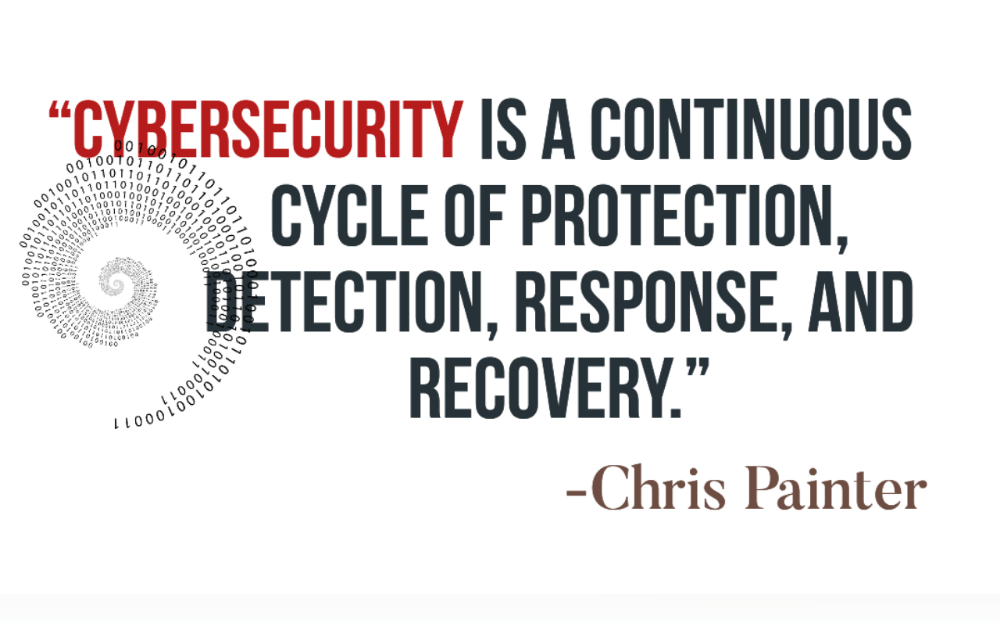

We should be cautious in order to prevent cybercrime, and using a VPN service is a great way to do so while also significantly increasing the protection of personal data.Never make private data available online.Always be cautious when sending photos online, especially to new people and chat friends because there have been instances where photos have been used improperly.Never provide a credit card number or provide any financial details on an unsecured website,or through emails,social media olatforms and over phone.Use a complete internet security software.Keep software updates and stay informed of significant security breaches.
By refusing fake friend requests, you protect yourself against: Fraudulent accounts sometimes serve as bait in phishing scams, tricking you into revealing personal information or clicking on malicious links. Rejecting the request eliminates this first point of contact and reduces the possibility of becoming a victim of complex phishing tactics.Your hometown, birthday, and even financial information from past posts can be obtained via fake profiles. Rejecting fake friend requests helps keep your personal information safe from possible cybercriminals.
Malware, propaganda, and misleading news can all be disseminated via fake profiles. By avoiding them, you prevent their damaging message from reaching a wider audience and shield others and yourself from unintentionally disseminating false information.
So, avoid adding or messaging strangers on social media. You can protect yourself against fraud, identity theft, and disinformation efforts that might risk your financial accounts by refusing fake friend requests. Avoid downloading attachments from unknown profiles and clicking on dubious links. Share personal information with caution.Declining the request and reporting it to the platform is the best course of action if you have any doubts about the profile.











